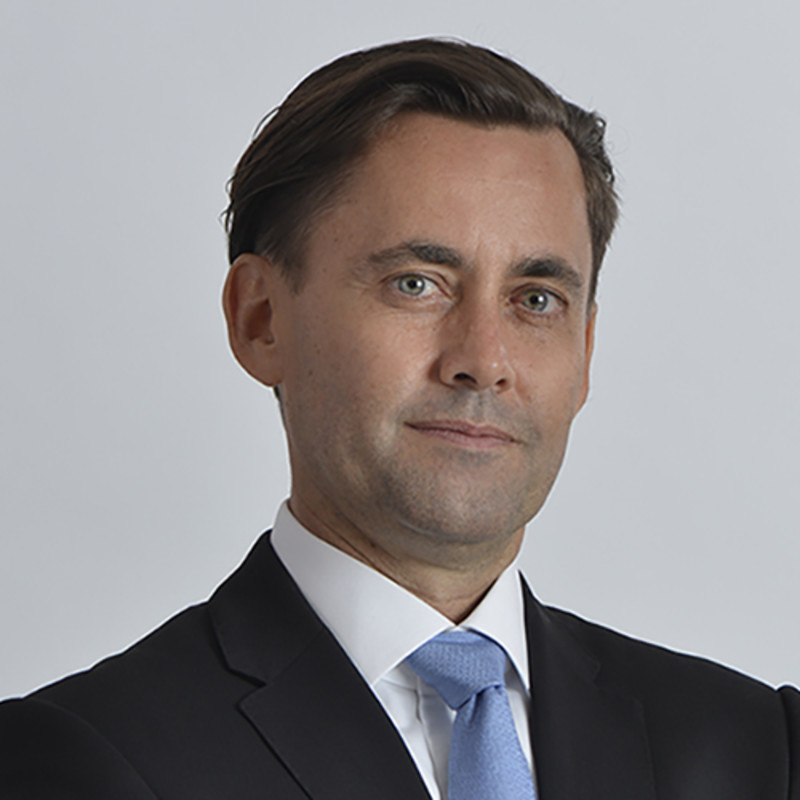Key points
- Focus on companies that drive sustainable development in Asia
- Targets the most attractive Asian markets
- The ‘best-in-class’ strategy exhibits significantly lower environmental footprint and better ESG score versus broader index, while maintaining the same outperformance target
About this fund
Robeco Sustainable Asian Stars Equities is an actively managed fund that invests in stocks of the most attractive companies in Asia. The selection of these stocks is based on fundamental analysis. The fund's objective is to achieve a better return than the index. The fund selects investments based on a combination of top-down country analysis and bottom-up stock ideas. The reference to "Stars" in the name of the fund refers to an approach whereby only the most attractive companies (in terms of actual and/or potential capital gains and/or generation of income and/or growth) are selected. The fund aims at selecting stocks with relatively low environmental footprints compared to stocks with high environmental footprints.
Key facts
| Total size of fund | USD 23’445’285 |
| Size of share class | USD 277’901 |
| Inception date share class | 30-03-2020 |
| 1-year performance | 29.67% |
| Dividend paying | No |
Fund manager
 Vicki Chi
Vicki Chi Joshua Crabb
Joshua Crabb



